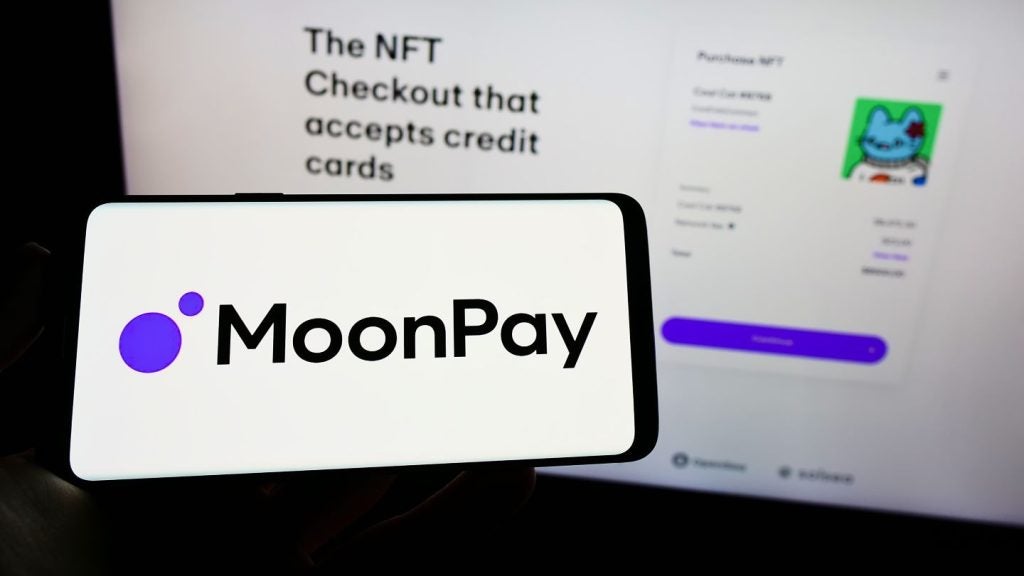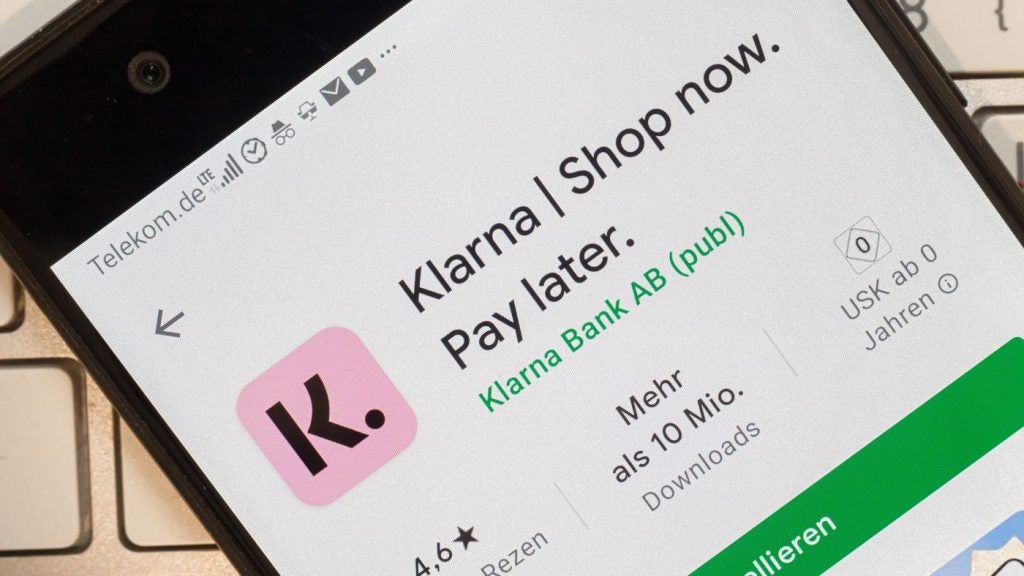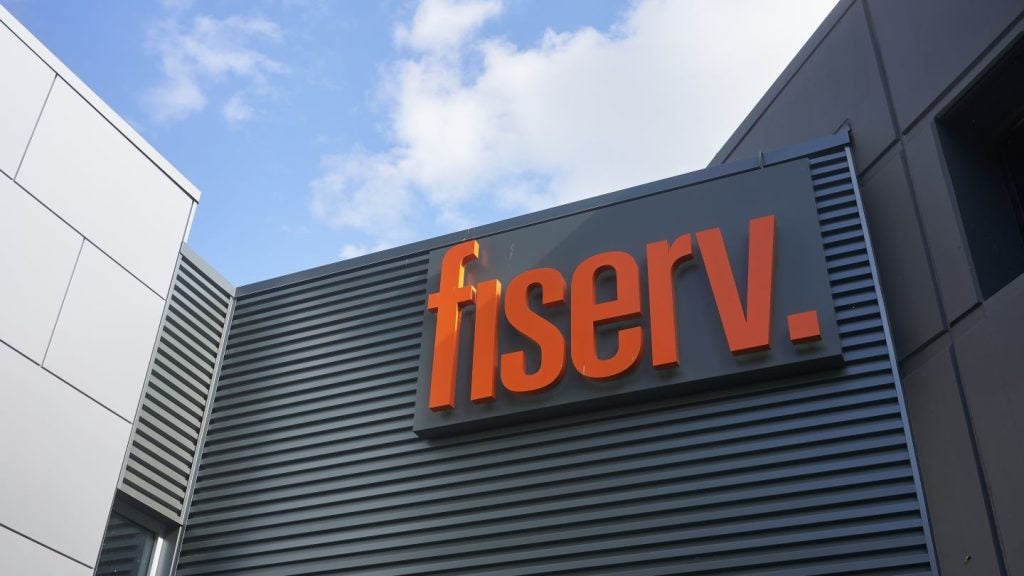The words ‘innovation’ and ‘finance’ no longer draw mocking derision from the average
person on the street. Terms like fintech, digital banking and mobile payments are so familiar to all of us now that it is difficult to imagine a time when the banking sector was seen as staid and a little boring, writes Ian Johnson, head of European growth at Marqeta
With the rise of digital banks such as Monzo, Starling Bank and N26, consumers have benefited from instant access to payment data and an easy-to-use mobile app for managing finances.
Consequently, there is a growing awareness that consumer financial health is improving significantly. It is unsurprising, then, that Apple has recently joined the payments world, offering not only a physical titanium card but also virtual options to use this card via tools like Face or Touch ID.
But if consumers are taking advantage of digital payments technology, allowing them a better payment experience and the ability to use their financial data to make better decisions, why should businesses not? Clearly some already are, but so many more are not. As a case in point, UK Finance forecasts that as many as 147 million cheques will be used to make payments in 2027, many of which will be made by businesses.
Cheque payments, often sent by post, are no longer fit for the digital age. In fact, cheque payments are a large part of the late payments culture that is hampering the growth of UK SMEs. This need not be the case. Virtual cards are one among many innovations that allow businesses to see real benefits from digital technology.
In March, Juniper Research published a report in the UK suggesting that the value of payments on virtual cards by businesses will grow 90% over the next four years. That means virtual card payments will exceed $1trn by 2022, up from $568m in 2019. It sounds like a lot, but when we consider that, in 2017, payments systems processed 22 billion transactions, with a value of around £75trn ($97trn), the scope for improvement is huge. Why this sudden growth?
How well do you really know your competitors?
Access the most comprehensive Company Profiles on the market, powered by GlobalData. Save hours of research. Gain competitive edge.

Thank you!
Your download email will arrive shortly
Not ready to buy yet? Download a free sample
We are confident about the unique quality of our Company Profiles. However, we want you to make the most beneficial decision for your business, so we offer a free sample that you can download by submitting the below form
By GlobalDataThe reasons are very similar to those that caused the boom in consumers’ embrace of digital finance. From having the capability to instantly issue a single or multiple use virtual card via a mobile app, which can automatically connect to a digital wallet like Apple or Google Pay, to easily matching card payments to a specific order digitally rather than manually, or automating payments without the need for any human interaction, the business benefits of virtual card platforms are numerous.
AN URGENT PROBLEM
Perhaps the biggest benefit right now, though, is in the battle against payments fraud – a contest that the majority of UK businesses believe they are losing to fraudsters. In the first half of 2018 alone, fraud losses on physical cards payments totalled £281.2m.
This is an urgent problem, to which virtual cards provide a solution. By allowing endto- end tracking of payments in real time, virtual cards give businesses tighter controls of payments. Consider a large business with numerous supplier contracts and an extensive pool of physical company credit cards.
Co-ordinating, validating and tracking payments to these suppliers across various company cards requires a whole team of finance managers and an awful lot of manual labour. With a virtual card platform, that business can set rules about when payments can be made. This means that when a transaction is being made, Visa, Mastercard or another payment network can contact the payment processor for authorisation.
The processor could accept or decline the payment automatically based on existing rules without the need for human intervention, or the business could set up a system allowing them to do this themselves in real time. These additional layers of authentication act against fraud, but they also help to reduce errors in company spending.
So, just as consumers find when they sign up to digital banking, the ease of use and the benefits of digital financial management is becoming a reality in the business sector. The act of making and receiving a payment should be as frictionless in a modern business as it is for the average consumer in a store. Virtual card technology is making that possible.
For businesses, this faster, simpler payment method could lead to greater worker satisfaction and loyalty, but it could also lead to greater profit margins. Digital technology is no longer a nice-to-have in business, it is a must-have.







